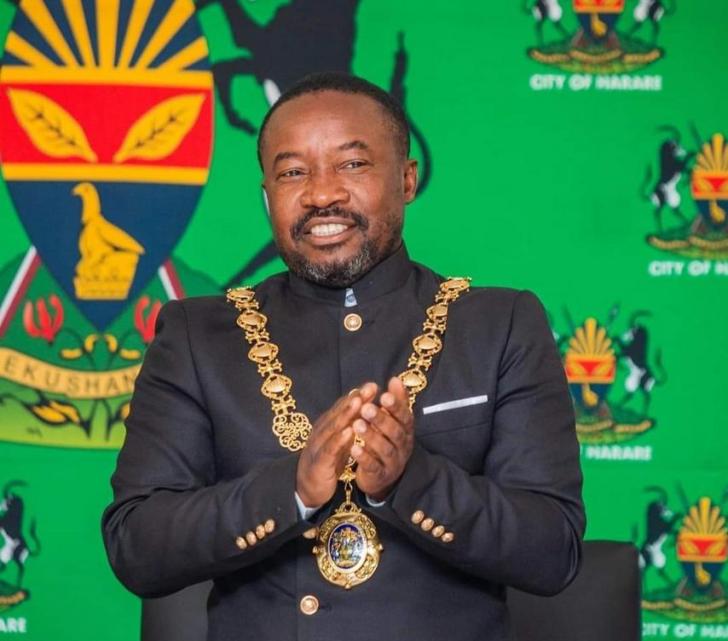News / National
Vendors oppose city's planned levy
26 Nov 2024 at 08:05hrs |
0 Views

The Harare City Council's proposed 2025 budget has sparked resistance from vendors over the inclusion of new levies for street lighting and emergency services. These charges are aimed at addressing the city's infrastructure and service gaps, but critics argue they unfairly burden struggling residents.
The emergency services levy, in particular, is intended to fund the purchase of new ambulances, with the city currently operating only four functional units against a required fleet of 32.
Vendors Speak Out
In a statement, Vendors Initiative for Social and Economic Transformation (VISET) chairperson Samuel Wadzai criticised the proposed levies, describing them as an undue financial strain on residents already grappling with economic challenges.
"There can be no doubt that emergency services are critical to the well-being of residents in the capital," Wadzai acknowledged. "However, what is problematic in our view is the ready recourse to taxing residents battling to survive the already existing economic hardships."
Wadzai argued that the council could achieve more in addressing pressing issues like health, education, water, and sanitation if it implemented sound public finance management practices.
Governance Concerns
Highlighting inefficiencies in the city's financial operations, Wadzai accused the council of negligence in revenue collection.
"It bordered on criminality," he said, "that the city continues to operate without a proper billing system and a secure asset register of its properties, meaning that income was lost and rents and fees were not collected."
Wadzai pointed to findings from the ongoing Commission of Inquiry into the governance of Harare City Council, which exposed significant lapses in financial accountability and resource management.
Residents Demand Alternatives
The introduction of levies comes amid widespread dissatisfaction with Harare's service delivery standards. While many residents acknowledge the necessity of improved emergency services and street lighting, they question the fairness of imposing additional charges on a populace already struggling under economic hardships.
As the council deliberates on the proposed budget, calls are growing for innovative and transparent financial strategies to address the city's needs without further burdening its residents.
The debate over the 2025 budget is likely to intensify, with stakeholders demanding accountability and efficiency from Harare's municipal leadership.
The emergency services levy, in particular, is intended to fund the purchase of new ambulances, with the city currently operating only four functional units against a required fleet of 32.
Vendors Speak Out
In a statement, Vendors Initiative for Social and Economic Transformation (VISET) chairperson Samuel Wadzai criticised the proposed levies, describing them as an undue financial strain on residents already grappling with economic challenges.
"There can be no doubt that emergency services are critical to the well-being of residents in the capital," Wadzai acknowledged. "However, what is problematic in our view is the ready recourse to taxing residents battling to survive the already existing economic hardships."
Wadzai argued that the council could achieve more in addressing pressing issues like health, education, water, and sanitation if it implemented sound public finance management practices.
Governance Concerns
"It bordered on criminality," he said, "that the city continues to operate without a proper billing system and a secure asset register of its properties, meaning that income was lost and rents and fees were not collected."
Wadzai pointed to findings from the ongoing Commission of Inquiry into the governance of Harare City Council, which exposed significant lapses in financial accountability and resource management.
Residents Demand Alternatives
The introduction of levies comes amid widespread dissatisfaction with Harare's service delivery standards. While many residents acknowledge the necessity of improved emergency services and street lighting, they question the fairness of imposing additional charges on a populace already struggling under economic hardships.
As the council deliberates on the proposed budget, calls are growing for innovative and transparent financial strategies to address the city's needs without further burdening its residents.
The debate over the 2025 budget is likely to intensify, with stakeholders demanding accountability and efficiency from Harare's municipal leadership.
Source - The Herald
Join the discussion
Loading comments…
































